Brazilian jiu-jitsu is not only a martial art, but also a powerful tool in preventing bullying. In this article, we will explore how regularly practicing jiu-jitsu can empower children and teenagers, strengthening both their bodies and their minds to face and prevent bullying situations.
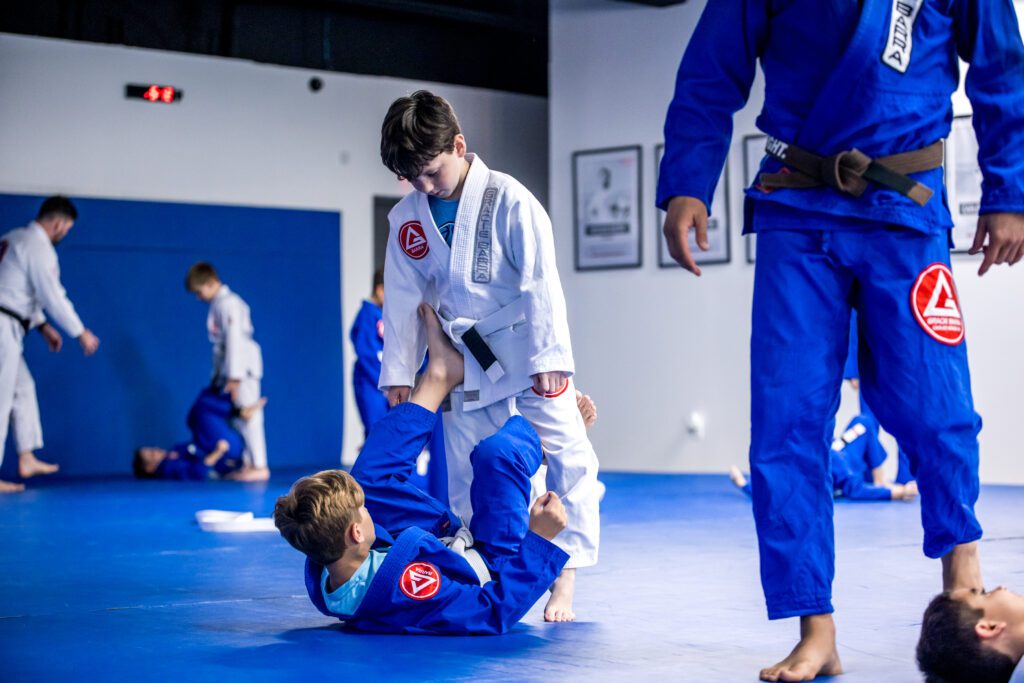
1. Building Self-Confidence
Jiu-jitsu is a fundamental ally in building self-confidence. By mastering techniques and overcoming challenges on the mat, practitioners gain confidence in their abilities, reducing vulnerability to potential bullying situations.
2. Building Resilience
The constant practice of jiu-jitsu teaches the importance of resilience. This skill transfers to bullying situations, enabling young people to deal with adversity more effectively.
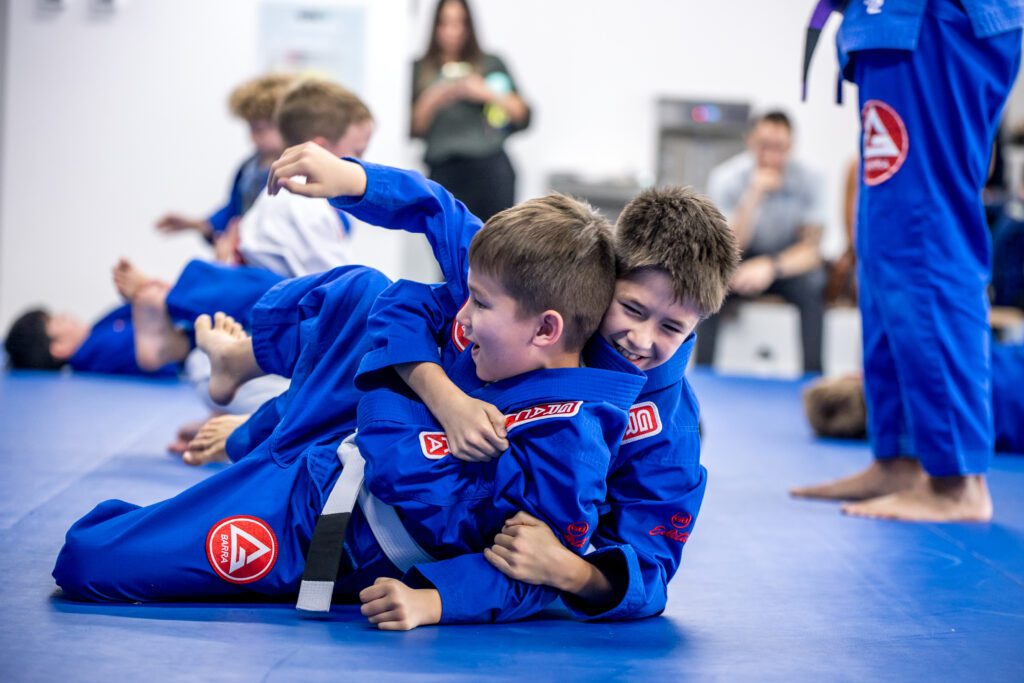
3. Focus on Conflict Resolution
Jiu-jitsu promotes a positive approach to dealing with conflict. Instead of reacting aggressively, practitioners learn to resolve conflicts more constructively, reducing the potential for bullying situations.
4. Promotion of Inclusive Environments
Jiu-jitsu culture values inclusion and respect. These principles are fundamental in preventing bullying, creating environments where everyone is accepted regardless of their abilities or characteristics.
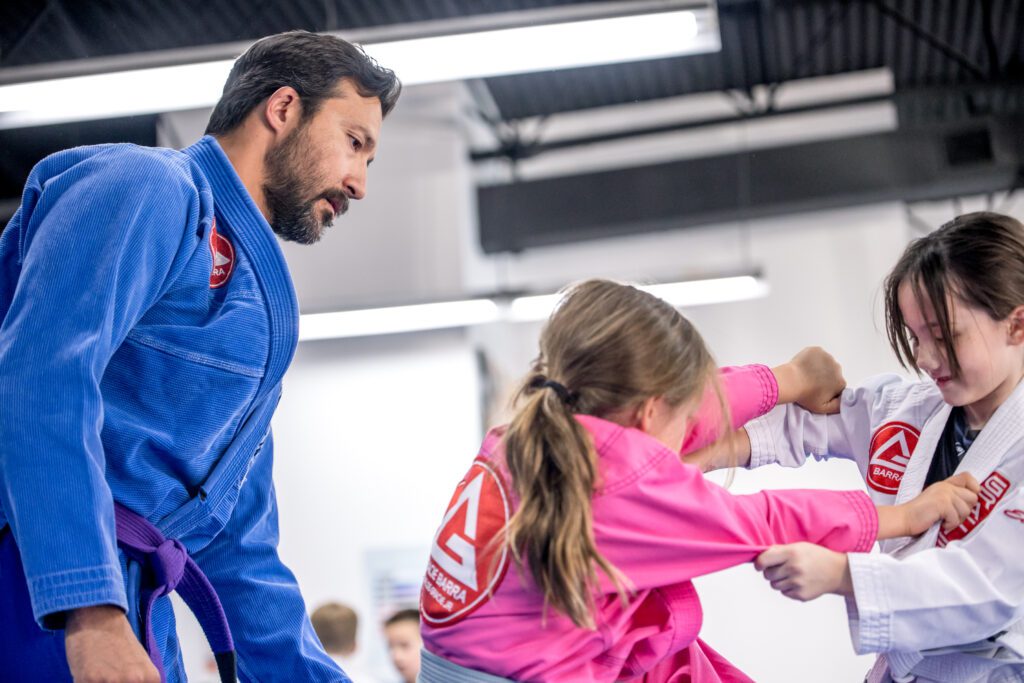
5. Development of Empathy
Jiu-jitsu promotes empathy by teaching practitioners to understand the needs and limitations of their training partners. This skill is crucial in preventing bullying, promoting understanding and mutual support among young people.
6. Strengthening the Body
In addition to the mental benefits, jiu-jitsu strengthens the body. A more robust physique not only deters potential attackers, but also promotes a more confident posture.
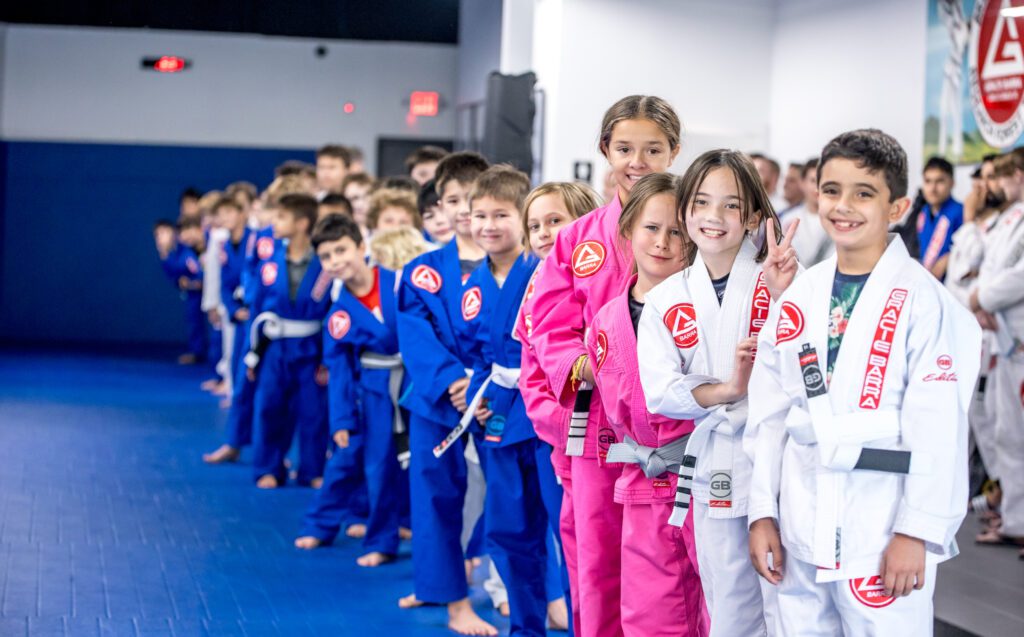
7. Development of Communication Skills
Jiu-jitsu requires effective communication during training. These communication skills are transferable to everyday situations, helping young people to express their feelings and deal with conflicts assertively.
8. Creating a Support Network
Taking part in jiu-jitsu classes means being part of a supportive community. This support network helps prevent social isolation, a common factor in bullying situations.
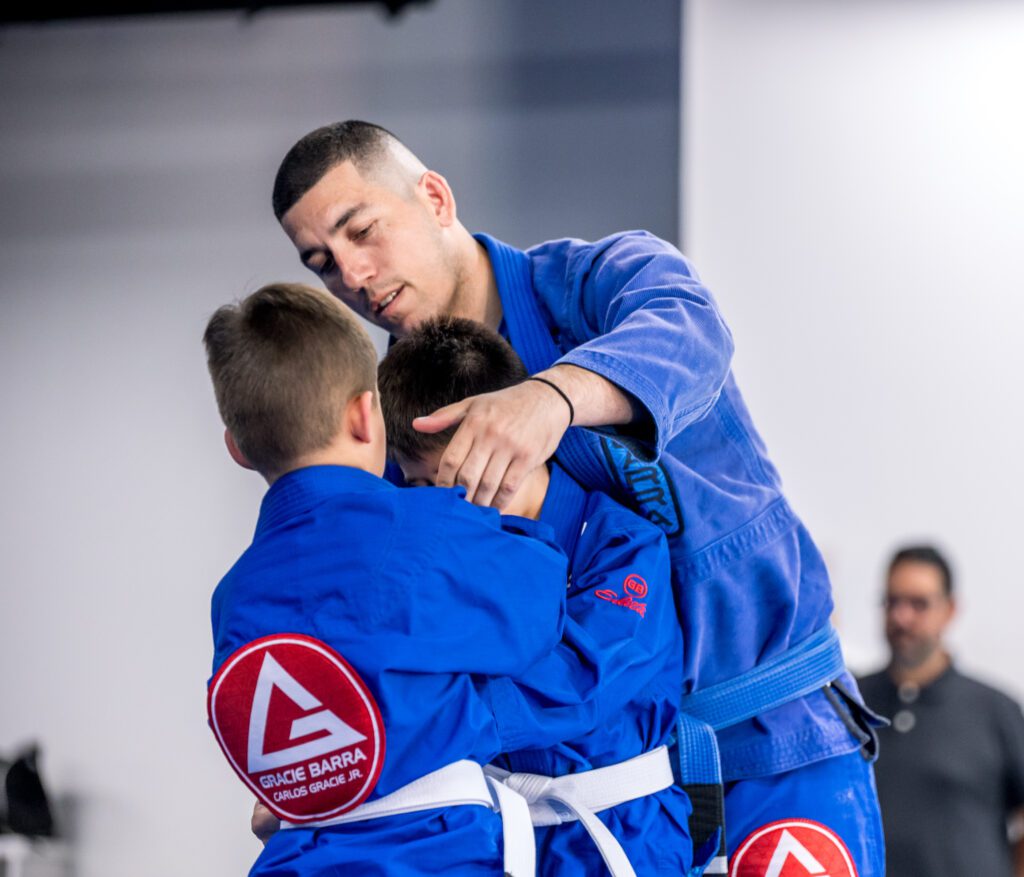
9. Positively Facing Challenges
Jiu-jitsu teaches young people to face challenges with a positive mindset. This constructive approach is valuable in preventing bullying, encouraging young people to overcome adversity with resilience.
10. Culture of Respect and Non-Violence
Jiu-jitsu promotes a culture of respect and non-violence. By internalizing these values, practitioners become natural defenders of peace and harmony, contributing to the prevention of bullying.
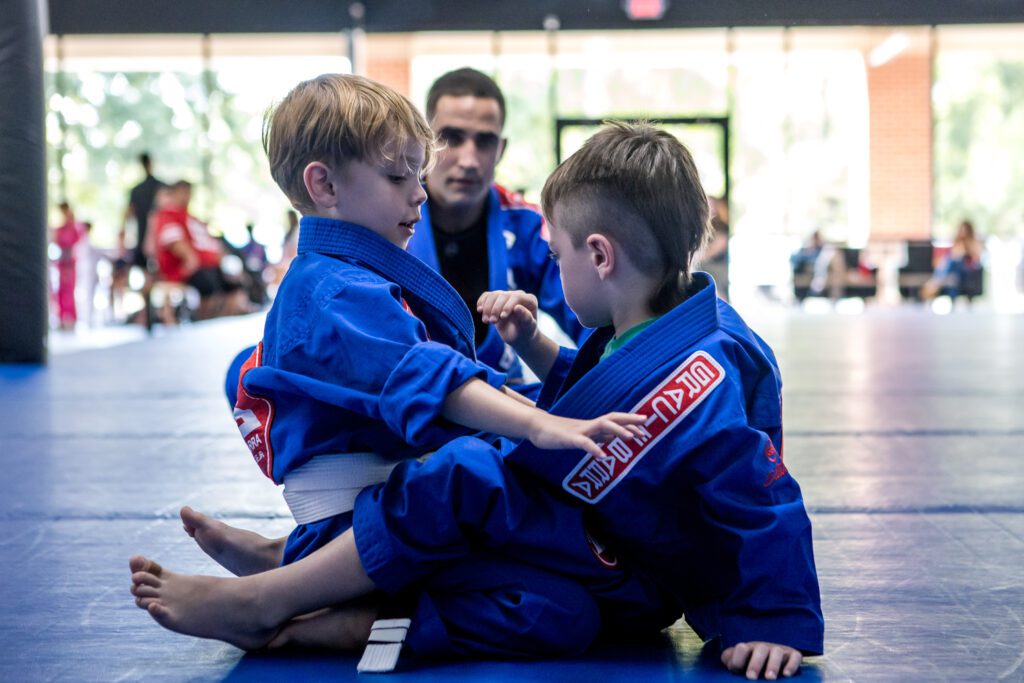
11. Social Skills Training
Constant interaction in jiu-jitsu develops social skills. These skills are crucial in preventing bullying as they enable young people to build positive relationships and communicate effectively.
12. Active Participation in the Community
Jiu-jitsu practitioners are encouraged to actively participate in their communities. This participation promotes a culture of mutual support, reinforcing prevention against bullying at broader levels.
In short:
Jiu-Jitsu contributes to bullying prevention by providing physical and emotional tools to practitioners. By promoting values such as respect, discipline, teamwork, and resilience, the practice of this martial art not only strengthens individuals but also contributes to the creation of safer and more inclusive school communities.

